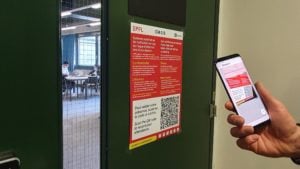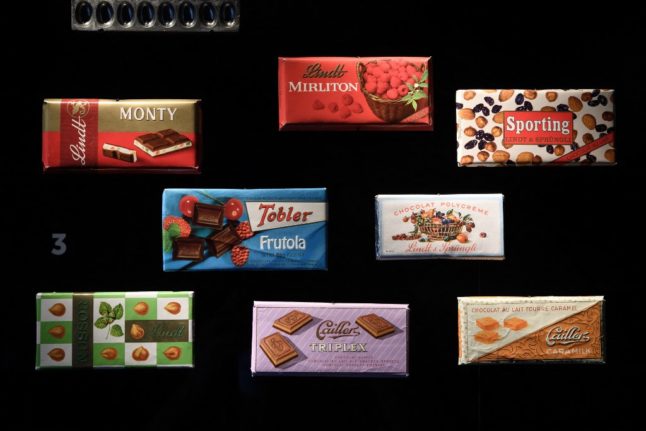Switzerland will not ‘overtax’ rich residents
The parliament has rejected the so-called “99% initiative” launched by the Young Socialists Party.
The initiative sought to tax the wealthiest 1 percent of Switzerland’s population and redistribute the money — estimated at 5 to 10 billion francs — among those with low and medium incomes.
The money would be used to reduce the taxes or finance social benefits for low-earners, the party said.
The Federal Council had urged the parliament to reject the proposal on the grounds that billions of francs are already being redistributed in Switzerland, in particular through the social security scheme.
READ MORE: EXPLAINED: What changes in Swiss tax law in 2021?
Swiss university creates an app to relaunch safe social events
The new “NotifyMe” application was created at the Polytechnic Institute of Lausanne (EPFL), the same institution that invented the SwissCovid contact tracing app.

EPFL
The app alerts people who attended an event where there was a risk of COVID-19 infection.
Concretely, the organiser of an event creates a QR-code on notify-me.ch which is made available to participants. They scan it with the app (check-in), then signal their departure when leaving (check-out). Their phone then records a code corresponding to the event, as well as the date and time of arrival and departure.
This information remains only in the phone, in an encrypted form. Events can be cleared manually or automatically disappear after 14 days.
“NotifyMe” does not record or communicate any personal data, does not use Bluetooth or GPS and operates in a“ decentralised ”manner, on everyone’s phones.
Majority of recovered Covid patients develop immunity
A Swiss study showed that 90 percent of people with Covid-19 still have antibodies in their blood six months after infection. During this period, these people are largely immune to the virus.
Researchers have been investigating whether contracting the virus imparts immunity and, if so, for how long. The preliminary findings of the study indicate that this is be the case among a vast majority of Switzerland’s population.
Consumption of Swiss chocolate declined sharply in 2020
For the first time in nearly four decades, less domestically produced chocolate was sold in Switzerland, according to the Association of Swiss Chocolate Manufacturers (Chocosuisse).
At the same time, the Swiss consumed more foreign chocolate, a phenomenon not seen in Switzerland since 1982.
This situation is a result of the high customs duties, as certain raw materials needed for the production of chocolate, such as sugar, are twice as expensive in Switzerland as abroad.
If you have any questions about life in Switzerland, ideas for articles or news tips for The Local please get in touch with us at news@thelocal.



 Please whitelist us to continue reading.
Please whitelist us to continue reading.
Member comments